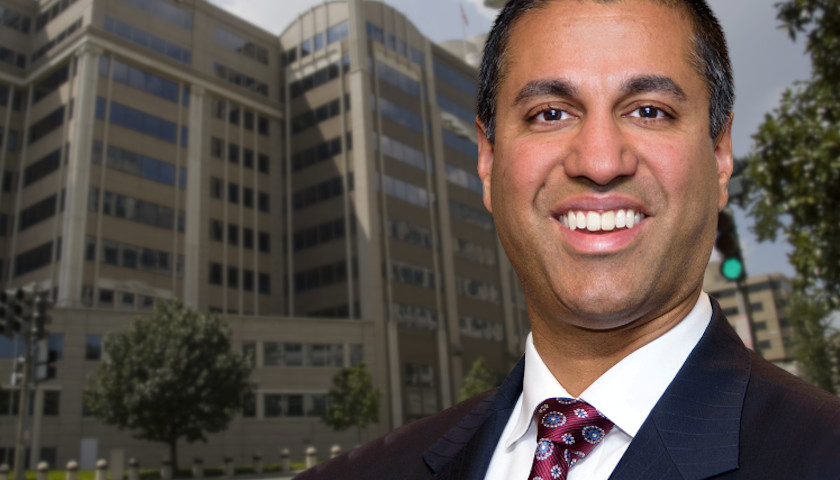by Johnny Kampis
As the threat of COVID-19 infection by coronavirus transmission grows, the Federal Communications Commission (FCC) has been taking steps to ensure better internet access for Americans as many self-quarantine during the crisis.
Part of the FCC’s plan includes Chairman Ajit Pai’s “Keep Americans Connected Pledge,” to which he got several of the nation’s largest broadband providers to agree. Those providers, which include about 70 companies such as AT&T, Verizon and Comcast, have agreed to not cut off service for any residential or business customers who can’t pay their bills during the next 60 days. The providers will also waive late fees and open Wi-Fi hotspots to help people gain internet access.
“I don’t want any American consumers experiencing hardships because of the pandemic to lose connectivity,” Pai said in a statement.
Although not an official part of the pledge, Pai has also asked providers to relax data caps and urged them to expand low-income broadband programs.
FCC Commissioner Brendan Carr Speaks with the Taxpayers Protection Alliance
In an interview with the Taxpayers Protection Alliance, FCC Commissioner Brendan Carr said the pledge came out of discussions Pai had with his team for several days before it was announced on Friday as the FCC decided how it could help facilitate better communication during the outbreak.
“The chairman and his team thought we should do all we can to keep people connected,” Carr said.
The FCC announced on Sunday that T-Mobile would tap into additional spectrum in the 600 MHz band temporarily to support increased usage.
The company requested the authority to ease access for Americans to work from home, practice distance learning and participate in telehealth to avoid unnecessary trips to medical facilities. The Trump Administration’s Centers for Disease Control and Prevention on Monday urged Americans to further ramp up “social distancing,” suggesting they should not gather in groups of 10 or more to help slow the contagion.
“The FCC is dedicated to helping Americans work from home, learn at home, and connect remotely to health care professionals during this crisis,” Pai said in announcing the 60-day authorization.
Such companies as DISH, NewLevel, Omega and TStar License Holdings are sharing their spectrum to make this initiative possible in conjunction with the FCC’s Wireless Telecommunications Bureau.
Carr said he expects more wireless carriers to tap into spectrum in the coming weeks.
“We’ve seen that the industry is going to be working together on this, including sharing spectrum,” he said.
Efforts pushed by the Pai administration in the past three years will help the U.S. better function during the pandemic, Carr said. Such measures as freeing up spectrum and cutting red tape for providers has helped the country close the digital divide by about 30 percent. But the digital divide still exists for some Americans, making it difficult for them to work from home.
Under Pai, the FCC has pushed for more connected care, a trend in telehealth that allows remote patient monitoring and secure email communications between doctors and patients. The Alliance for Connected Care says that as the American healthcare system moves toward more accountable care these factors will play an increasingly important role in patient services.
Carr notes that people visiting medical facilities for minor ailments can clog up the system even in the best of times.
“COVID-19 shows that going to a physical facility is not always the best idea,” he said.
As fear of coronavirus and COVID-19 grow, much wild speculation and disinformation is circulating in such social media platforms as Facebook and Twitter. Carr said it’s not the FCC’s role to police what people are saying, noting that is a slippery slope toward curbing free speech.
“A lot of people put the disinformation label on what are essentially political disagreements,” he said.
Carr said that a Twitter user with 4 million followers posted that COVID-19 was spread by 5G waves, which sparked the commissioner to respond that the statement was untrue and point people to where they could get more facts about the disease.
“I’m going to speak out when I see something like that, but I don’t think the FCC has an official role,” he said.
The FCC has set up a page on its website about how it is facilitating communication during the pandemic, which can be viewed here.
– – –
Johnny Kampis is an investigative reporter for the Taxpayers Protection Alliance Foundation, and has been published in The New York Times, Time.com, FoxNews.com and the Atlanta Journal-Constitution.




